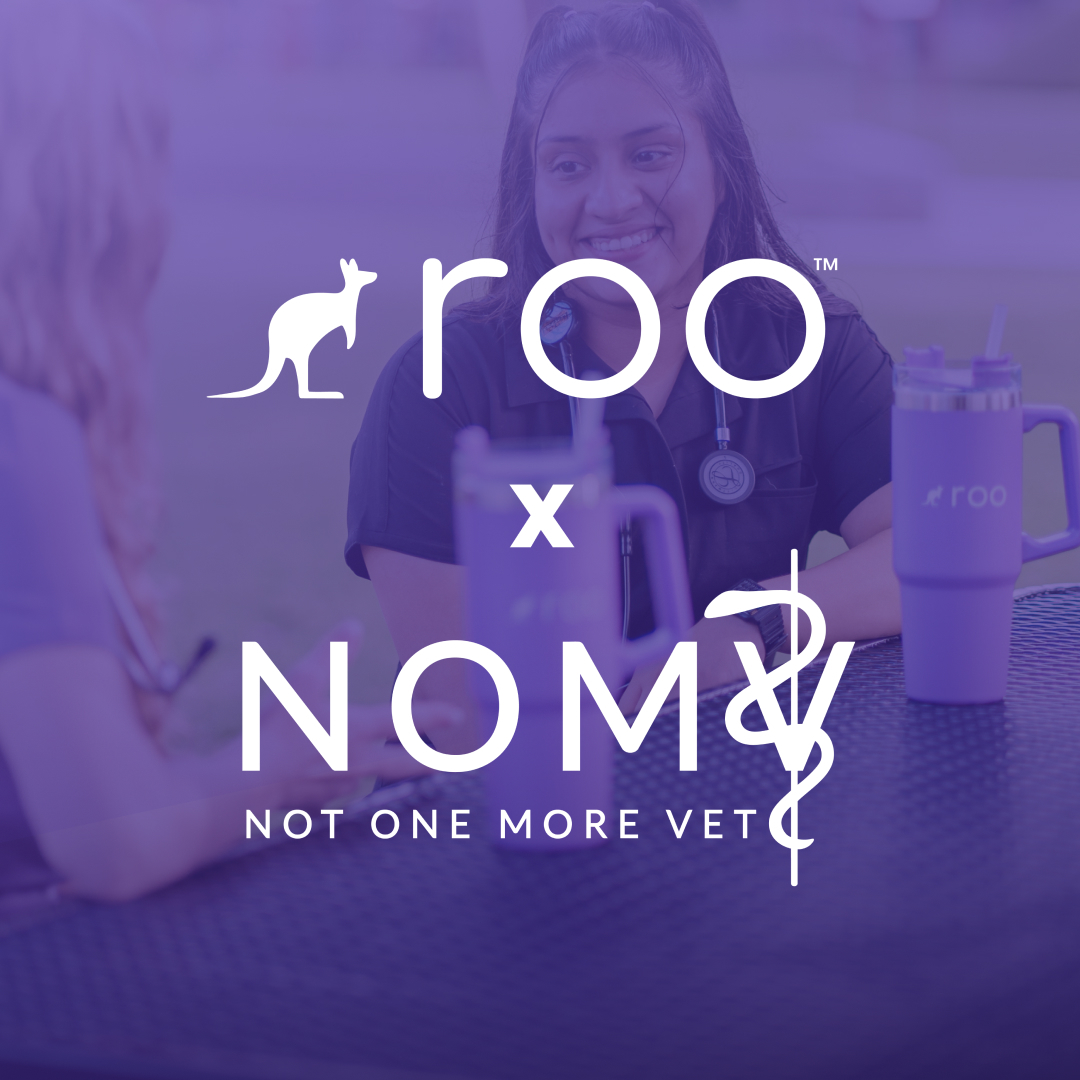Ever feel like your clinic is running a marathon with no finish line in sight? You’re not alone. The Relief Veterinarian role is the secret sauce that keeps U.S. Veterinary practices running smoothly, even when the unexpected happens. Whether you’re a Vet, Tech, or Hospital manager, understanding how Relief Veterinarians support your team can make all the difference in your workday and your work-life balance.
Why Relief Veterinarians matter (and why you should care)
Let’s face it: the Veterinary world is fast-paced, unpredictable, and sometimes downright wild. Staff get sick, take well-deserved vacations, or need time off for family. Meanwhile, pets don’t stop needing care. That’s where Relief Veterinarians hop in, ready to keep the doors open, the tails wagging, and the team from burning out.
If you’re reading this, you’re probably looking for ways to keep your clinic running without missing a beat. Or maybe you’re a Vet curious about flexible work that fits your life. Either way, Relief Veterinarians are the unsung heroes who make it all possible.
What is a Relief Veterinarian?
A Relief Veterinarian is a licensed DVM who temporarily fills in for another Vet at a clinic, Hospital, or emergency center. Think of them as the ultimate utility player, ready to step up when the regular team needs a breather. Relief Veterinarians work on a contract or freelance basis, often moving between different clinics and Hospitals as needed.
Their main job? Keep the clinic running smoothly when regular staff are away, whether for vacation, illness, parental leave, or just a much-needed break. They also help during busy times, like holidays or local events, when the patient load spikes. This flexibility is a big part of why the Relief Veterinarian role is so valuable in today’s Veterinary landscape.
The real-life impact: why clinics need Relief Veterinarians
Keeping clinics open and pets cared for
No one wants to turn away a sick pet because the Vet is out. Relief Veterinarians step in so clinics can keep their doors open and their schedules running. This is especially important for emergency cases or when specialized procedures are required.
Supporting Veterinary staff and preventing burnout
Veterinary medicine is demanding. Long hours, emotional stress, and a heavy workload can lead to burnout among staff. Relief Veterinarians provide much-needed support, allowing permanent staff to take breaks, recharge, and maintain a healthier work-life balance. This support helps clinics retain their best people and keeps the whole team working at their best.
Flexible Vet staffing for modern needs
The demand for Veterinary services is growing, but finding and keeping enough qualified staff is a challenge. Relief Veterinarians offer a flexible solution to Vet staffing problems. They can fill in for short periods or take on longer assignments, depending on what the clinic needs. This flexibility helps clinics manage their resources and maintain high standards of care, even during staff shortages or busy seasons.
What does a Relief Veterinarian actually do?
Relief Veterinarians are trained to handle all the duties of a full-time Vet. Their responsibilities can include:
- Examining animals and diagnosing illnesses
- Performing surgeries and emergency procedures
- Prescribing medications and creating treatment plans
- Advising pet owners on care, diet, and hygiene
- Supervising Veterinary Technicians and support staff
- Updating patient records and handling administrative tasks
Some Relief Veterinarians bring specialized skills, such as expertise in surgery, dentistry, or exotic animal care, which can be a big help for clinics that don’t have those skills on staff full-time.
The benefits of hiring Relief Veterinarians
Flexibility in scheduling
Relief Veterinarians give clinics the flexibility to cover shifts during vacations, sick leave, or parental leave. This means permanent staff can take time off without worrying about leaving their team short-handed. It also helps clinics stay open during weekends, holidays, or unexpected absences.
Preventing staff burnout
By sharing the workload, Relief Veterinarians help prevent burnout among regular staff. This leads to a more positive work environment and better care for patients. Staff who feel supported are more likely to stay with the clinic, reducing turnover and the costs of hiring and training new employees.
Continuous patient care
Relief Veterinarians ensure that patient care continues without interruption, even when regular staff are away. This is important for maintaining client trust and satisfaction. Pet owners know they can count on the clinic to be there when their pets need help.
Access to specialized skills
Some Relief Veterinarians have advanced training in areas like surgery, dermatology, or exotic animal medicine. Clinics can bring in these specialists as needed, expanding their service offerings without the commitment of hiring a full-time specialist.
Cost-effective staffing
Hiring Relief Veterinarians can be more cost-effective than paying overtime to regular staff or hiring additional full-time employees. Clinics can adjust their staffing levels based on demand, optimizing their resources and maintaining financial stability.
How Relief Veterinarians support Veterinary staff
Veterinary staff support is at the heart of what Relief Veterinarians do. By stepping in when needed, they help maintain a healthy work environment and ensure that everyone on the team can do their best work. This support extends to:
- Allowing staff to take needed time off without guilt or stress
- Reducing the risk of errors caused by overwork or fatigue
- Improving morale and job satisfaction among the whole team
Relief Veterinarians also bring fresh perspectives and new ideas to the clinics they work with, which can help improve processes and patient care over time.
Vet staffing challenges and how Relief Veterinarians help
The Veterinary industry faces several staffing challenges:
- Shortages of qualified Veterinarians and Technicians
- High rates of burnout and turnover
- Need for specialized skills in certain areas
- Difficulty attracting staff to rural or underserved areas
Relief Veterinarians help address these challenges by providing flexible, on-demand staffing solutions. They can fill gaps quickly, bring in specialized expertise, and help clinics maintain high standards of care, no matter what staffing challenges they face1.
If you’re a Hospital manager looking for more resources on how Relief Veterinarians can boost your team, check out Roo’s hospital resources and success stories.
What makes a good Relief Veterinarian?
A successful Relief Veterinarian is adaptable, skilled, and able to fit into new environments quickly. They need strong communication skills to work with different teams and clients, and they must be comfortable handling a wide range of cases. Many Relief Veterinarians enjoy the variety and flexibility of their work, as well as the opportunity to help different clinics and communities.
If you’re thinking about becoming a Relief Veterinarian, you’ll need a DVM license and, for some shifts, DEA registration and the associated Controlled Substance Registration in relevant states. You can see all the opportunities we have available in your area by signing up for Roo and using the “Search Shifts” button.
How clinics can work well with Relief Veterinarians
To get the most out of Relief Veterinarians, clinics should:
- Provide clear information about clinic protocols and expectations
- Ensure access to necessary equipment and resources
- Communicate schedules and responsibilities in advance
- Foster a welcoming and supportive environment
Good communication and preparation help Relief Veterinarians integrate smoothly into the team and provide the best possible care for patients.
For more tips and best practices, visit Roo’s relief tools and best practices.
Professional development and growth for Relief Veterinarians
Relief work isn’t just about filling gaps. It’s a fantastic way to grow your skills, build your network, and find your own rhythm in the Veterinary world. Many Vets use Relief work to try out different practice settings, learn new techniques, and discover what they love most about animal care.
Looking to sharpen your skills or stay up to date with the latest in Veterinary medicine? Roo offers a variety of Free CE Events where you can learn new things and connect with other professionals.
Career transitions and opportunities
Thinking about a change? Relief work can be a great stepping stone to new roles in the Veterinary field. Many former Relief Veterinarians have successfully transitioned into Business Development or Account Management roles at Roo. The flexibility and variety of Relief work help you build a broad skill set that’s valuable in many career paths.
The Roo difference: why Relief Veterinarians love working with us
At Roo, we’re all about making Relief work easy, rewarding, and fun. Our platform connects you with thousands of shifts at clinics and Hospitals across the U.S., so you can find work that fits your schedule and your life. Plus, our healthcare stipend covers your pets’ medical needs too, a real treat for animal lovers.
Want to see what’s out there? Visit Roo to learn more or check out our LinkedIn page for the latest updates.
Wrapping it up: Relief Veterinarians keep the heartbeat of Veterinary care strong
Relief Veterinarians are the behind-the-scenes heroes who keep clinics running, pets healthy, and teams happy. Whether you’re looking for a flexible career or a way to support your staff, Relief work is a win-win for everyone involved. Ready to hop into your next adventure? Roo is here to help you every step of the way.
Frequently asked questions
1. Are Relief Veterinarians independent cotractors?
Answer : Most Relief Veterinarians independent cotractors are:
- Most Relief Veterinarians work as independent contractors, not employees
- They are responsible for their own taxes, business expenses, and schedules
2. What does 'Relief Veterinarian' mean?
Answer : A Relief Veterinarian is a licensed Vet who temporarily fills in for another Vet at a clinic or Hospital, usually to cover absences or busy periods.
3. How do Relief Veterinarians help prevent staff burnout?
Answer : By covering shifts and sharing the workload, Relief Veterinarians allow regular staff to take breaks and avoid overwork, which helps prevent burnout and keeps the team healthy.
4. What are the main benefits of hiring a Relief Veterinarian?
Answer : The main benefits of hiring a Relief Veterinarian are
- Flexible scheduling for clinics and staff
- Continuous patient care during staff absences
- Access to specialized skills when needed
5. Do Relief Veterinarians need special licenses or certifications?
Answer : Relief Veterinarians must have the same licenses and certifications as any practicing Veterinarian in the state or region where they work. Some may also need DEA registration and the associated Controlled Substance Registration for certain shifts.

.png)




.png)
.png)





